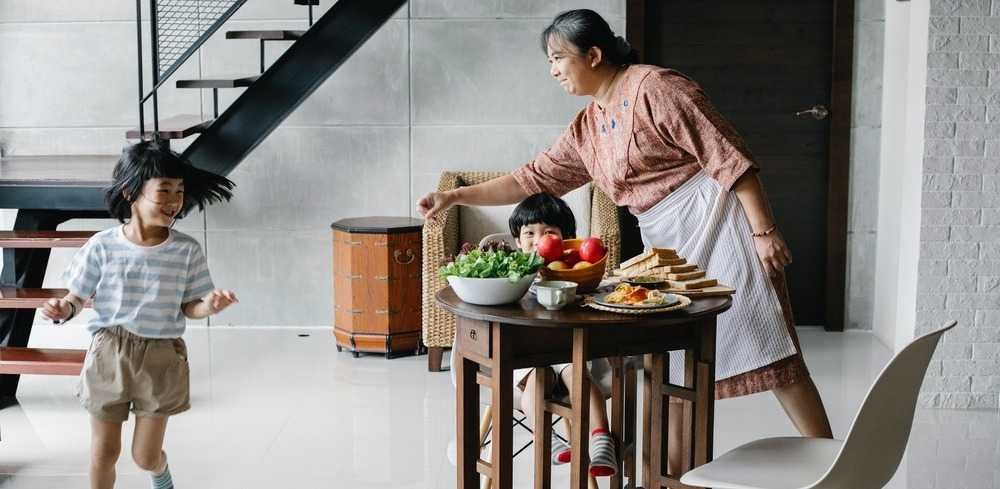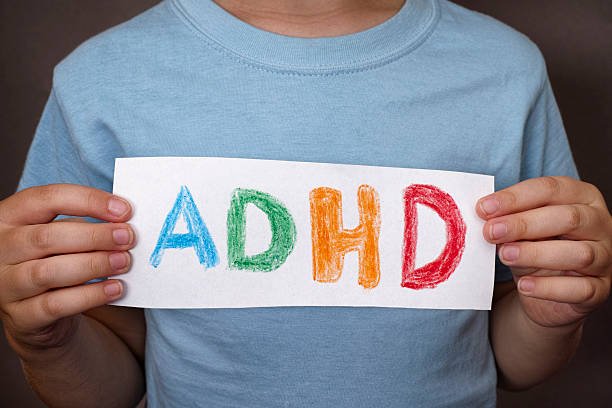
A Child Who Can’t Concentrate and Can’t Sit Still = ADHD? Drugs and Behavioral Treatments Can Improve Conditions
Attention deficit hyperactivity disorder (ADHD) is not uncommon, affecting approximately 6 out of every 100 children. Some studies have pointed out that if patients lack appropriate treatment during their growth stage, they will have a higher chance of engaging in deviant behavior or suffering from depression when they grow up. What should parents do if their children suffer from ADHD? Will ADHD accompany patients throughout their lives?
What is attention deficit or hyperactivity disorder (ADHD)?
ADHD is a neurodevelopmental disorder whose symptoms usually begin in childhood and may persist into adulthood. Many studies have shown that it is related to genes and inheritance. Dr. Huang pointed out that the public usually thinks that school children with ADHD will be “unable to sit still and have difficulty controlling”, but this is only a symptom of ADHD (hyperactivity disorder). In fact, sometimes patients are accompanied by attention disorders, that is, “easily distracted” Lack of discipline in mind and work.”
According to the definition of the international standard DSM-5-TR, symptoms of ADHD must last for at least six months and have an impact on the child’s life in different situations, including at home, school or other social situations. Defined as suffering from ADHD.
The symptoms of ADHD may change slightly or differ depending on age or gender. “For example, symptoms that appear in kindergarten or elementary school often involve being unable to sit still and moving around, but the hyperactive behavior decreases in adolescence; Or maybe girls are more likely to have ADHD and symptoms of anxiety or depression, while boys may be experiencing deviant behaviors.”
Patients with ADHD are prone to co-morbidities, so it is best to receive early examination and treatment
Some parents are afraid that their children will be discriminated against, or do not want their children to start taking medicine at a young age. Even if their children have symptoms, they are still unwilling to seek medical treatment or receive evaluation. This approach will only delay treatment because the children are too active or cannot follow the rules. The cause may be related to other diseases. Assessment is not simply to diagnose ADHD, but more importantly, to find other potential factors. Early assessment of children can allow doctors to further understand their condition and find the root cause of the problem. In addition, ADHD patients are more likely to have comorbidities, such as social difficulties, learning disabilities, or motor coordination problems.

The treatment of ADHD is different from other general illnesses. Medication can improve the main symptoms of ADHD, but behavioral therapy cannot be ignored. Dr. Huang explained: “Taking medication is equally important as behavioral therapy. Medication can give immediate effects, but symptoms will reappear after stopping the medication. Behavioral therapy takes a longer time to be effective, but it is effective in improving children’s self-management ability. “Relatively significant and long-lasting.” ADHD is not untreatable. As long as appropriate medications are combined with behavioral therapy, the symptoms of ADHD can be greatly reduced, and hyperactivity often decreases with age.
Improving the condition of children requires cooperation from both schools and families
The growth of children is crucial to their future lives. In order to improve the condition of ADHD, appropriate arrangements and cooperation should be made at home or at school. Parents can also negotiate with the school to create the most favorable environment to improve children’s behavior:
ADHD At home
- Children with ADHD generally have difficulty concentrating for long periods of time. The learning environment at home should be kept as quiet as possible to avoid distracting the children’s attention. For example, when doing homework, it is advisable to divide the homework into small portions for children to complete one by one. You can also include homework on other subjects that the children are interested in and give them rest time. After completing the homework, don’t forget to give appropriate rewards to the children.
- When children have arguments with siblings, parents should remember to maintain a fair and balanced attitude so that they feel loved. At the same time, they should avoid comparing them with other children, lest they feel inferior and lack motivation to learn and Self-improvement.
- When children become emotional or lose their temper, parents should not get angry or even scold the children. Parents are mirrors for children, and they will naturally learn from their parents’ words and deeds. If parents can talk to their children calmly and point out their faults in a kind way, it will be easier for the children to accept it. Parents also need to understand that children do not intentionally make people angry, but are unable to control their behavior due to illness. In addition, the discipline policies of both parents or other family members should be consistent to avoid confusing the children.
- Parents should try their best to spend time alone with their children, listen to them and understand their difficulties. When they feel their parents’ intentions, they will be more willing to share their feelings. If you feel that a child is working hard to do something well, even if the result is not ideal, parents should give positive encouragement and praise more so that the child realizes that his parents know and appreciate his efforts.
ADHD at school
- Parents can discuss with the teacher whether the child can be seated at the front of the classroom, next to a more well-behaved classmate, and can provide guidance when needed.
- If the child really cannot sit still for a long time, the teacher can arrange some “tasks” such as posting books, erasing the blackboard, etc. to allow appropriate space for movement. Once completed, it will also help to enhance his sense of accomplishment.
Support from schools and teachers is an important part of the treatment of ADHD. As a teacher, you should be considerate of children’s difficulties. However, in the past, many children have been labeled as “bad students” by their teachers, resulting in children being unwilling to go to school. Parents and teachers are encouraged to communicate more. , parents may wish to share their children’s condition candidly with the teacher, hoping that the teacher can pay more attention and share the child’s performance in class with the parents. This will also help the doctor to better understand the child’s actual condition, and then adjust the dosage of the medicine and understand the effectiveness of the treatment.

Daily activities are indispensable. Taking children for outdoor activities can help with treatment.
Outdoor activities are not only good for children’s physical and mental health, but also a good way to encourage and relax. Dr. Huang suggests that if time permits, parents should give their children at least half an hour to an hour of leisurely activity time every day to “play, walk, run, and jump.” Outdoor activities are ideal and can serve as a channel for them to express stress. It can also help improve your condition.












